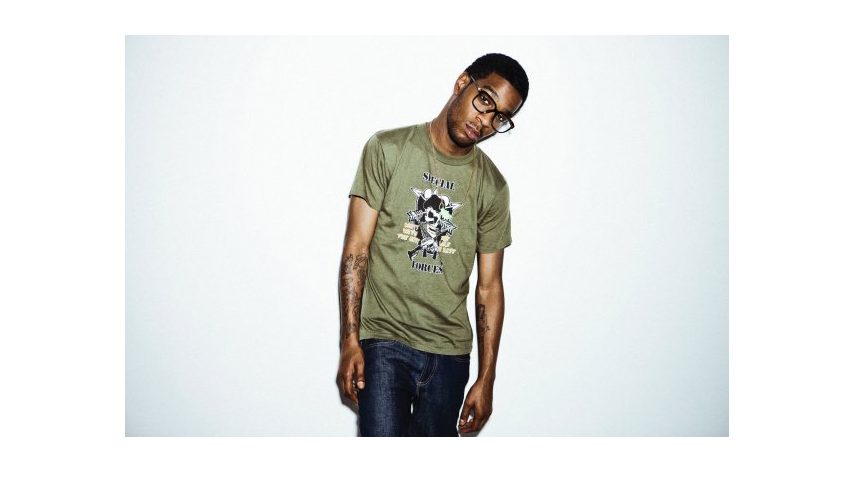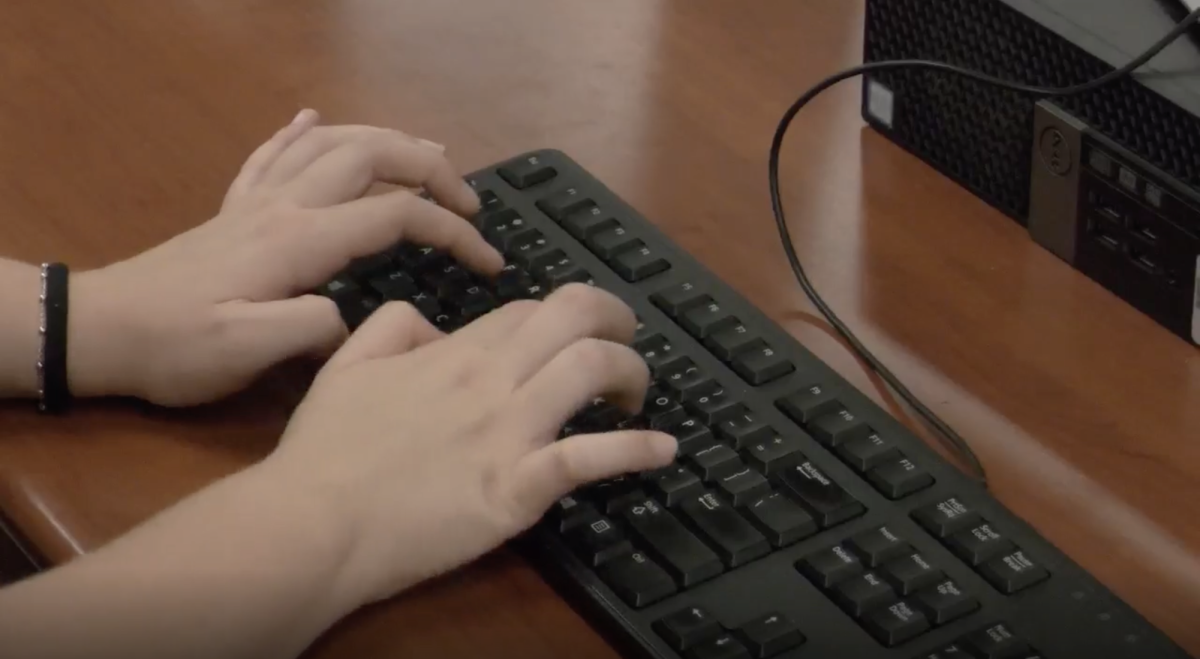Scott Mescudi, better known for his stage name Kid Cudi, shocked his fans Tuesday when he announced that he was checking himself into a rehabilitation clinic in order to deal with depression, anxiety and suicidal thoughts.
“I am not at peace,” Mescudi wrote in a public Facebook post. “I haven’t been since you’ve known me. If I didn’t come here, I [would have] done something to myself. I simply am a damaged human swimming in a pool of emotions everyday of my life. There’s a [raging] violent storm inside of my heart at all times.”
Mescudi added that he doesn’t know how to relax or what peace feels like before going into startlingly raw and candid detail about his condition.
“My anxiety and depression have ruled my life for as long as I can remember and I never leave the house because of it,” he wrote. “I don’t trust anyone because of it and I’m tired of being held back in my life. I deserve to have peace. I deserve to be happy and smiling. Why not me? I guess I give so much of myself to others I forgot that I need to show myself some love too. I think I never really knew how.”
Ultimately, Mescudi painted a hopeful picture.
“I’m scared, I’m sad, I feel like a let a lot of people down and again, I’m sorry,” he wrote. “[It’s] time I fix me. I’m nervous but [I’m going to] get through this… I’ll be back, stronger, better. Reborn.”
It appeared that Mescudi had been planning the move for quite some time. He made sure his fans knew his album is “still on the way.”
“I wanted to square away all the business before I got here so I could focus on my recovery,” he wrote. “If all goes well I’ll be out in time for Complexion and I’ll be [looking] forward to seeing you all there for high fives and hugs. Love and light to everyone who has love for me and I am sorry if I let anyone down.”
Mescudi’s vulnerable announcement was immensely apologetic. Celebrities and fans alike expressed their support.
“Wishing Kid Cudi much peace love and meditation,” tweeted rapper Wiz Khalifa.
Webster Taylor Caniff tweeted, “You’re a legend, you show [it’s] okay to ask for help you have no reason to [apologize]! You will become better, you will be happy”
Mescudi’s announcement resonated particularly in the black male community and opened discussions that have been largely repressed. In the face of mental illness stigmas and lack of access to healthcare, Mescudi’s message is particularly important because it’s all too common. The day after the post, the hashtag #YouGoodMan emerged and served as a place for black men to discuss their own experiences with depression.






























